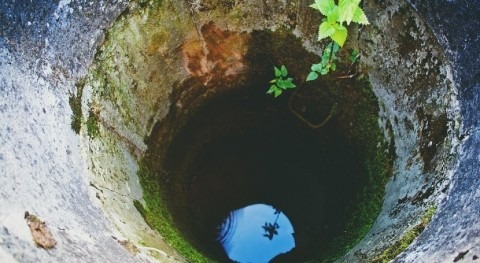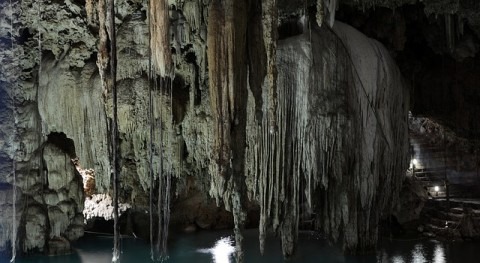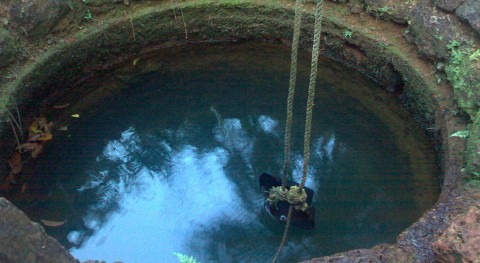What is hydrogeology and what does a hydrogeologist do?

Groundwater is a main source of drinking water in many places across the world, and it is used in many industrial processes.
1 . Meaning of hydrogeology
Hydrogeology or groundwater hydrology deals with how water gets into the ground (recharge), how it flows in the subsurface (through aquifers) and how groundwater interacts with the surrounding soil and rock (the geology). Hydrogeologists make use of geological maps and water samples from beneath the ground as well as on surface to get a thorough picture of water flow under the earth’s crust. Hydrogeology studies aquifers and the distribution of groundwater.
2 . Hydrogeological studies
A hydrogeological study or survey covers a multitude of topics such as the climatic conditions in the region, the rainfall regime, the chemical composition of water, the physical characteristics of the rock, such as permeability, porosity, fracturing, chemical composition, geological and geotectonic features.
In a hydrogeological study it is fundamental, apart from subsurface hydrology and geology, to have information related to:
- Geophysical prospecting: techniques are used to determine the nature of the materials existing in the subsurface or in the surrounding area.
- Hydrochemistry: the study of groundwater chemistry and groundwater quality to check if it complies with the regulations for groundwater use.
- Drilling technology: in many studies the difference between success or failure is in the type of drilling and collection of the study material. For example, though a borehole.
3 . The importance of hydrogeology
In the past, hydrogeology focused exclusively on the search for and exploitation of groundwater. However, the perception that the loss of groundwater quality has caused socio-economic problems, has led to new areas in the field of hydrogeology, such as the transport and transformation of pollutants, as well as studies to describe, enhance and remediate the environments affected by water pollution.
4 . What does a hydrogeologist do?
Hydrogeologists work to solve some of the big challenges facing the world today, including sustainable water supply, food and energy production, as well as environmental protection and adapting to climate change. They may be involved in:
- Design and construction of water wells for drinking water, irrigation and other purposes;
- Study how much groundwater is available to sustain water supplies to prevent groundwater depletion and adverse impacts on natural baseflows to rivers and wetland ecosystems;
- Study water quality to ensure that it is fit for its intended use;
- Clean up of groundwater pollution;
- Construction dewatering schemes to help with groundwater problems associated with mining;
- Schemes to harness geothermal energy through groundwater-based heat pumps.





